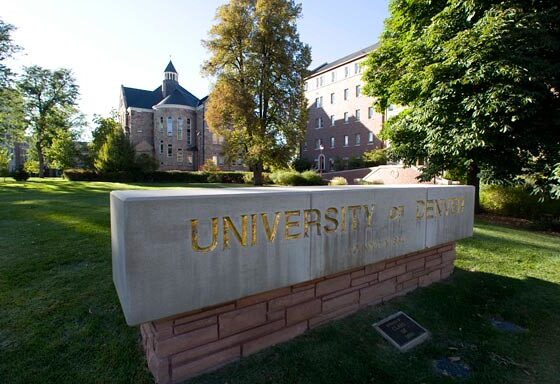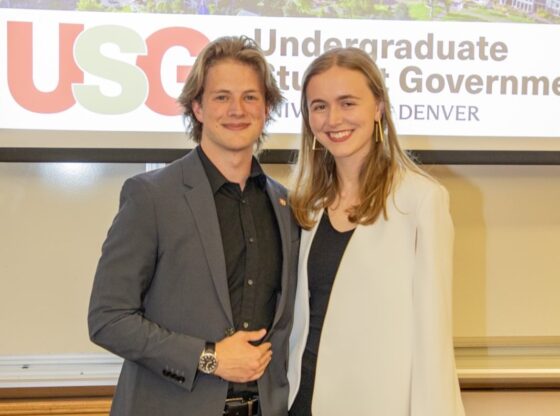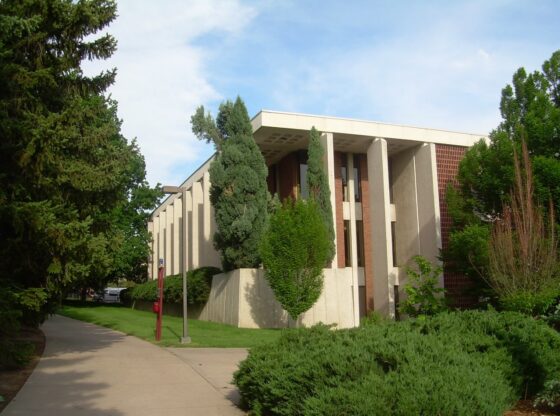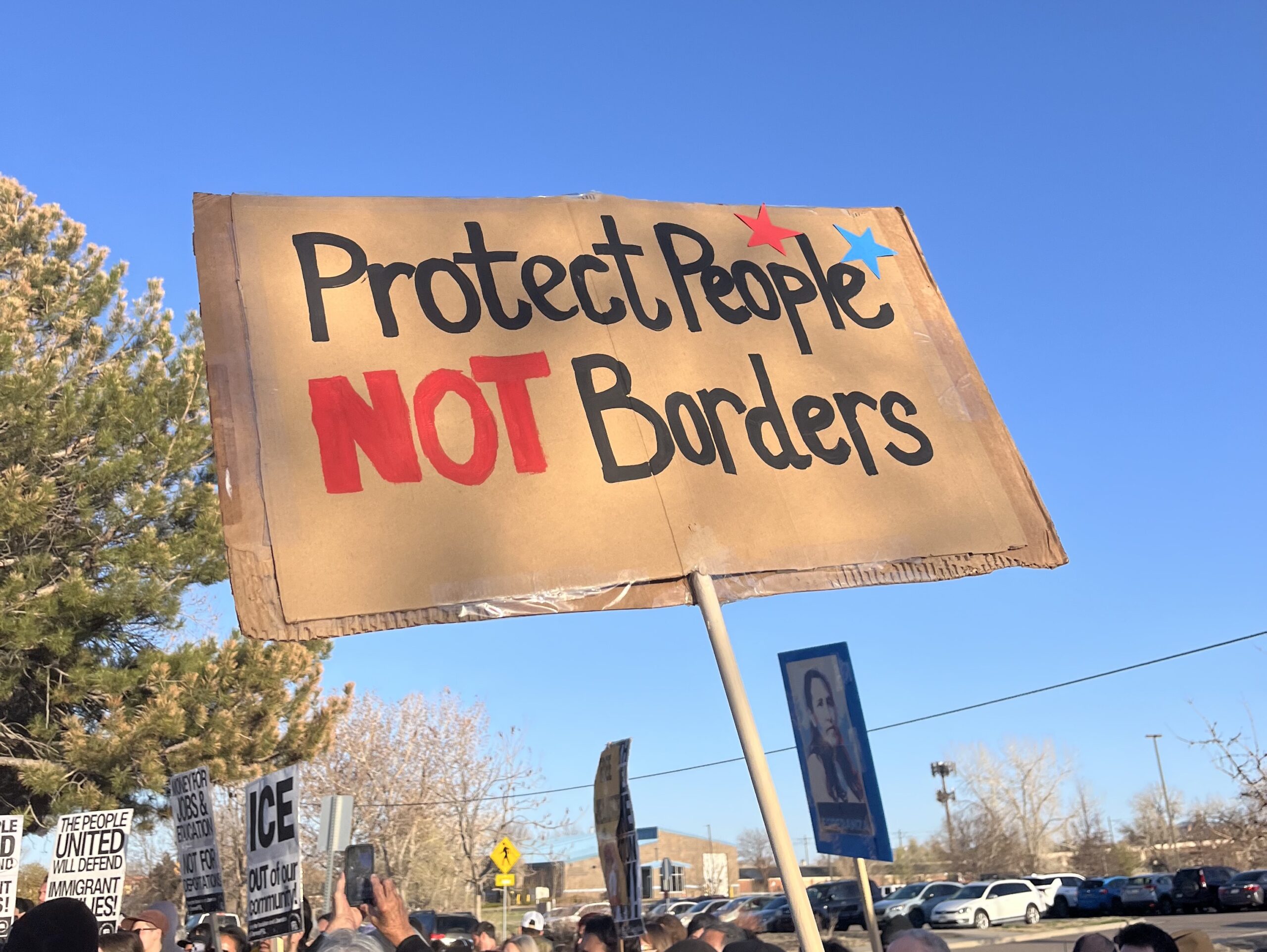As the midterm elections creep closer, President Trump has emphasized an anti-immigrant rhetoric with his responses towards the migrant caravan approaching the Mexico-U.S. border, his threat to eliminate birthright citizenship and his encouragement via anti-immigrant ads to vote Republican. As undocumented immigrants’ state in the country becomes increasingly at risk, understanding one’s resources on a national and state level can serve to better security. In Colorado, immigrants have access to resources that can provide them with legal guidance, legal service funding, access to a driver’s license and a form of protection by residing in Denver (which is considered a sanctuary city).
Due process—the ability to contest an action proposed by the government in front of a judge—is a right afforded to all in the U.S. This includes undocumented immigrants, The New York Times explains, since they are on U.S. soil. This right is less likely at the border. The same article describes that, with due process, undocumented immigrants can fight deportation through civil proceedings. They can also be represented by a lawyer, provide testimony and evidence before a judge and appeal to the Board of Immigration Appeals.
The U.S. Department of Justice permits the Legal Orientation Program (LOP) which lets “representatives from nonprofit organizations provide comprehensive explanations about immigration court procedures along with other basic legal information to large groups of detained individuals.” This provides group and individual orientation services to undocumented immigrants facing legal repercussions, self-help workshops and referral to pro bono legal services. The Rocky Mountain Immigrant Advocacy Network (RMAIN) is the nonprofit in Colorado that would provide the assistance described in the LOP.
In March of 2018, the city of Denver launched the Denver Immigrant Legal Services Fund. The fund’s initial $385,000 will be administered by The Denver Foundation and, as stated in the press release, they will be distributed to:
“Non-profit organizations providing direct legal representation to Denver residents for (1) defense of removal proceedings and, (2) for assistance with affirmative immigration relief. In addition, direct legal representation includes DACA or DREAM Act-related relief, Special Immigrant Juvenile Status (SIJS), asylum, U visas and T visas, Violence Against Women Act (VAWA) and naturalization. Grants will also be awarded to build capacity to expand the network of pro bono and “low-bono” attorneys serving Denver’s immigration clients, including law school clinics.”
The Colorado Road and Community Safety Act, SB-251, gives each Coloradan access to a driver’s license regardless of immigration status. The bill—which was passed in 2014—required undocumented immigrants to have an individual tax ID number to qualify and in-person license renewal every three years. To accommodate for the extremely limited amount of offices that participated in the program, the 2018 issued Eligibility Colorado Road and Community Safety Act, SB18-108, now gives participates in the program the ability to renew their license online.
Organizations such as ACLU-Colorado and the Colorado Immigrant Rights Coalition also advocate for immigrant rights. Episode 20 of the ACLU-Colorado podcast, The Purple State Report, provides an overview of general tips and additional resources for undocumented immigrants when they are faced with potential arrest and deportation.











